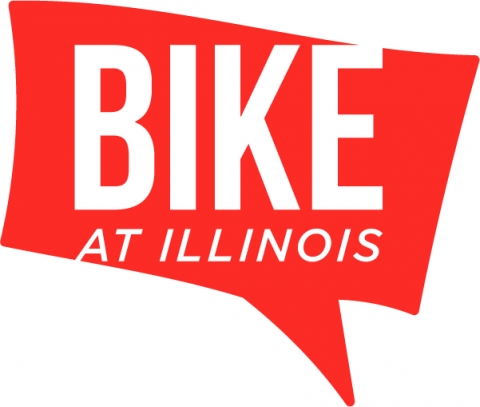You are here
Increase Bicycle Use (Ongoing)
Recent Project Updates
-
12/1/2023You might be a long-time friend of CCB, or someone we just met at the Farmer's Market this summer. Either way, come hang out for a while with us at the 25 O'Clock Brewing Company. We will bring the snacks, you bring your stories from...
-
10/6/2023Hi Morgan and Lisa, This fall I have submitted two SSC step-1 applications:Shipping containers for bicycle storage - $85,000Purchase and Installation of bike shelter - $250,000 See attached the application. Thank you,Sarthak
Project Family
Key Objective
-
4.5 Implement the campus bicycle plan
(2015 iCAP)
Associated Collections
Description
Background
Percent of Proposed Bikeway Facilities Installed
Annotations
- FY 2016:
Dedicated bike path removals, First Street, and Fourth Street completed.
View details for metric: Percent of Proposed Bikeway Facilities Installed
Project Team
-
Project Leader:
Stacey DeLorenzoTeam Members:
- Sarthak Prasad
- Morgan White
- James Roedl
Dates
-
Proposed November 1, 2014Proposed by Pam VoitikApproved March 3, 2015Approved by Phyllis WiseDate
Themes
-
Primary Theme:

